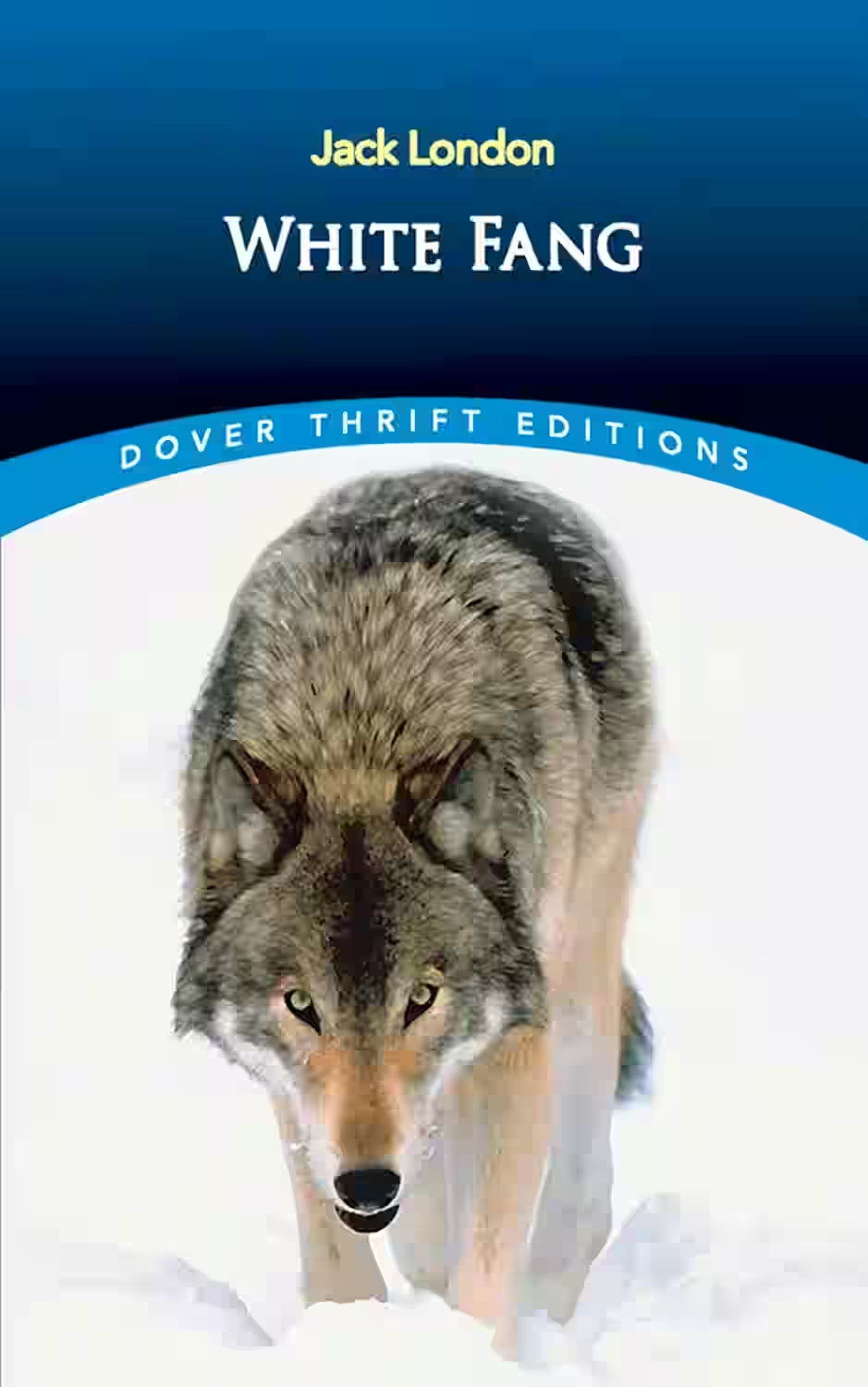
Set in the Yukon during the Klondike Gold Rush, White Fang tells the story of a wild wolf-dog’s journey from savagery to domestication. Through hardship and human cruelty, White Fang learns survival, loyalty, and love. London’s classic explores nature vs. nurture, animal instinct, and the frontier spirit, told with vivid realism and empathy for both man and beast.
About Jack London
An American novelist, journalist, and social activist, celebrated for his adventurous and often rugged tales of the Klondike Gold Rush and the wild. His most famous works, The Call of the Wild and White Fang, explore themes of survival, nature versus civilization, and the primal instincts of animals and humans. London's vivid prose, dramatic storytelling, and engagement with socialist ideals made him a powerful and influential voice in early 20th-century American literature.
Other Books by Jack London
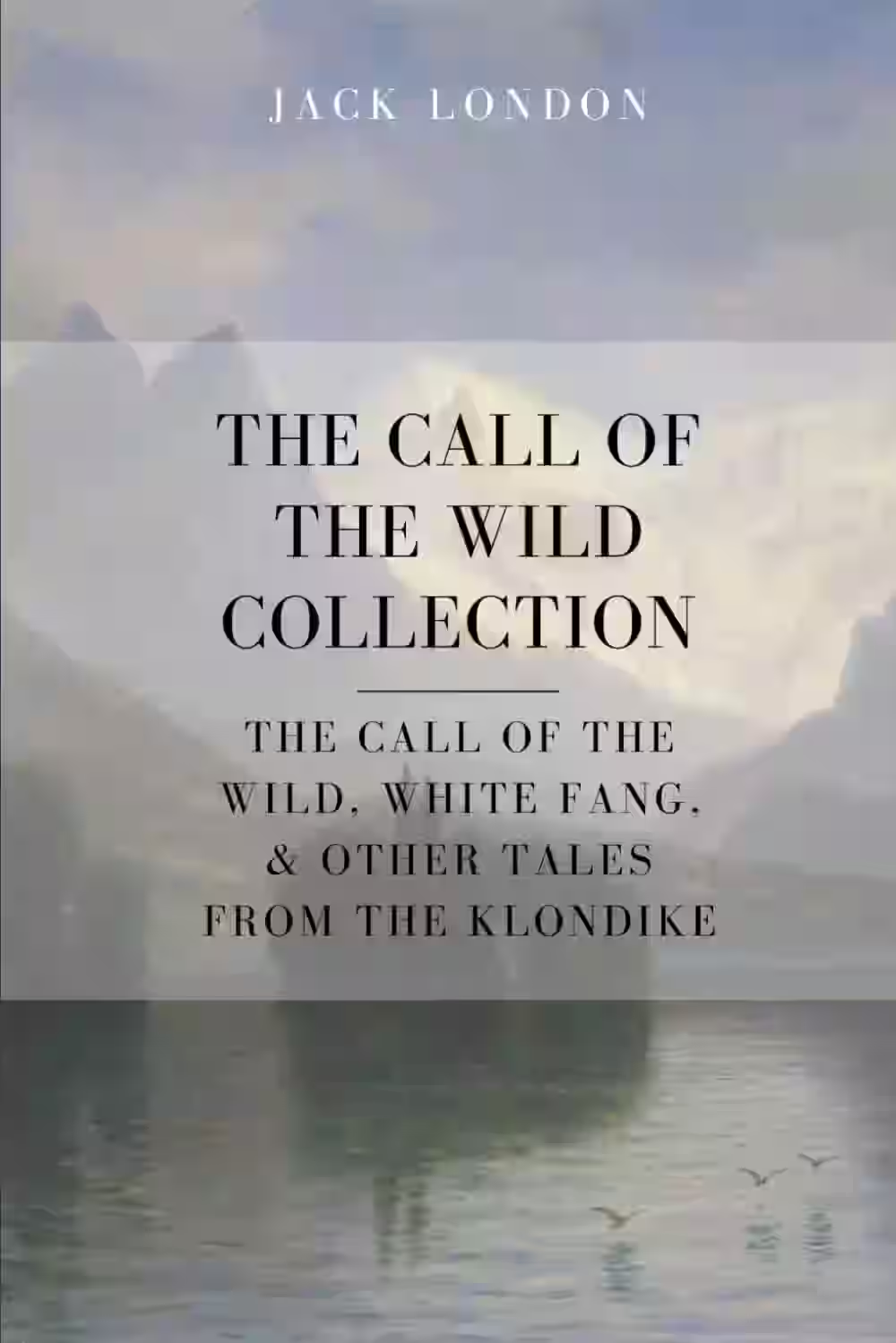
The Call of the Wild
by Jack London
Jack London’s classic novella follows Buck, a domesticated dog stolen from his California home and sold into the brutal life of an Alaskan sled dog. As he confronts harsh conditions and primal instincts, Buck gradually reverts to his wild ancestry. The story is a powerful exploration of survival, instinct, and the tension between civilization and nature. Set during the Klondike Gold Rush, it combines adventure with philosophical reflection, offering insight into both animal behavior and human nature.
Similar Books
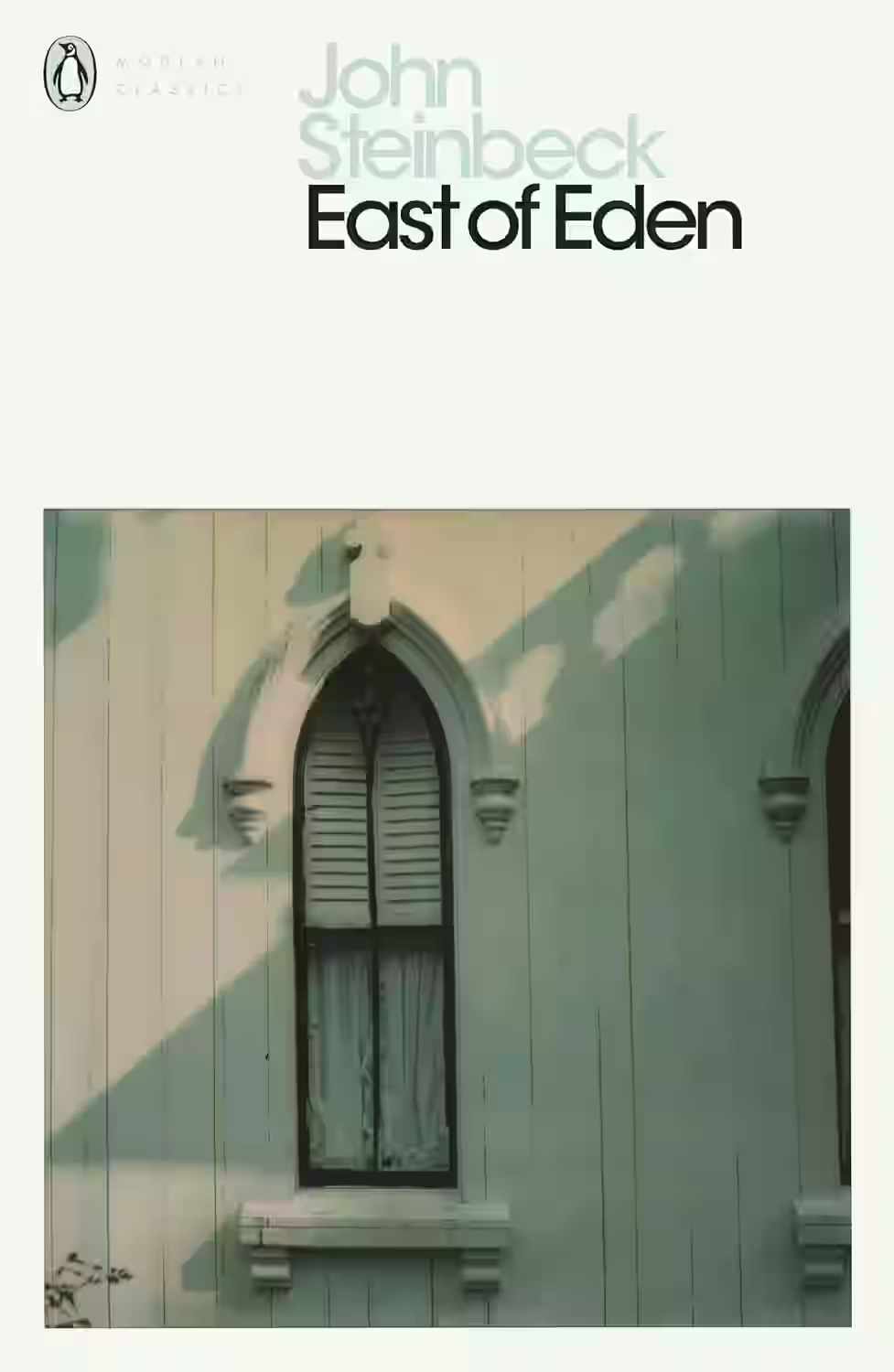
East of Eden
Set in the rich farmland of the Salinas Valley, California, this powerful, often brutal novel, follows the interwined destinies of two families - the Trasks and the Hamiltons - whose generations hopelessly re-enact the fall of Adam and Eve and the poisonous rivalry of Cain and Abel. Here Steinbeck created some of his most memorable characters and explored his most enduring themes- the mystery of indentity; the inexplicability of love, and the murderous consequences of love's absence.
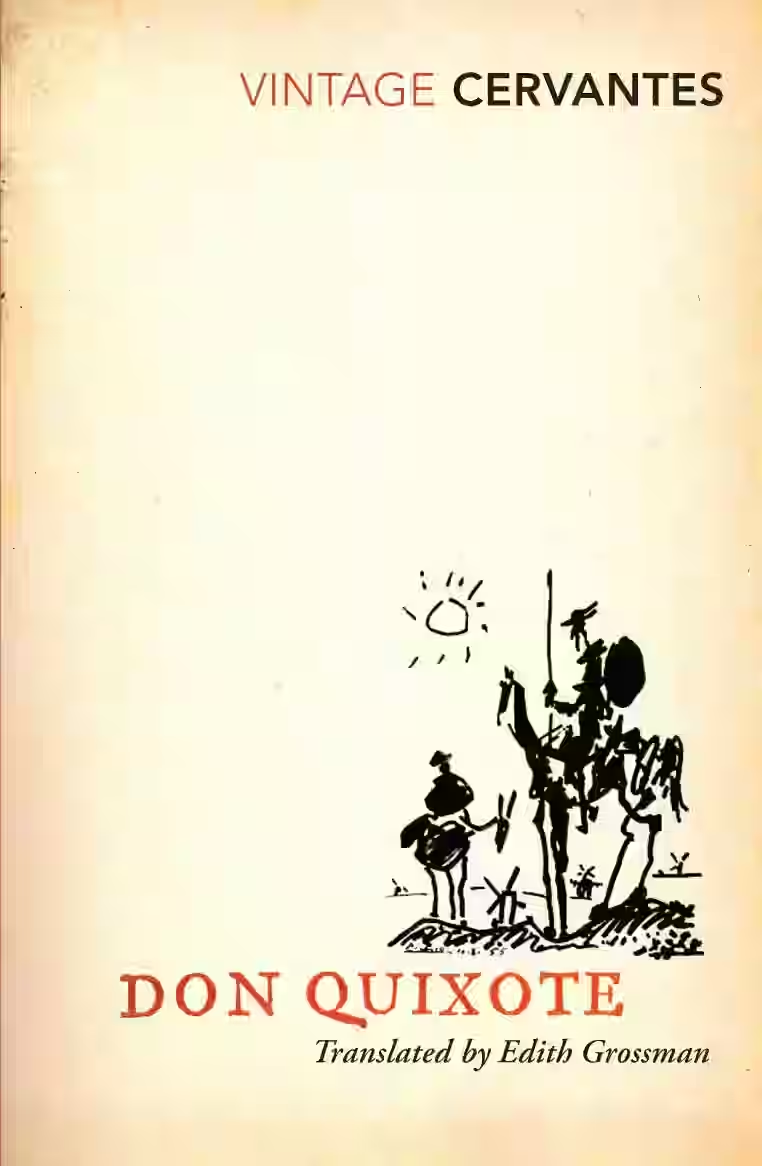
Don Quixote
An aging Spanish nobleman, inspired by tales of chivalry, becomes the errant knight Don Quixote. Accompanied by his loyal squire Sancho Panza, he embarks on absurd and touching adventures, battling windmills and chasing idealistic dreams. Don Quixote is a rich, satirical masterpiece that examines reality versus illusion, the power of literature, and the enduring human desire to find meaning and purpose—even when the world calls it madness.

The Jungle
A harrowing expose of the American meatpacking industry in the early 20th century, The Jungle follows immigrant worker Jurgis Rudkus as he endures exploitation, poverty, and tragedy. Intended to highlight workers’ rights, it shocked readers with its depiction of unsanitary conditions, leading to major food safety reforms. Sinclair’s powerful, muckraking novel remains a classic of social criticism and a landmark in investigative literature.
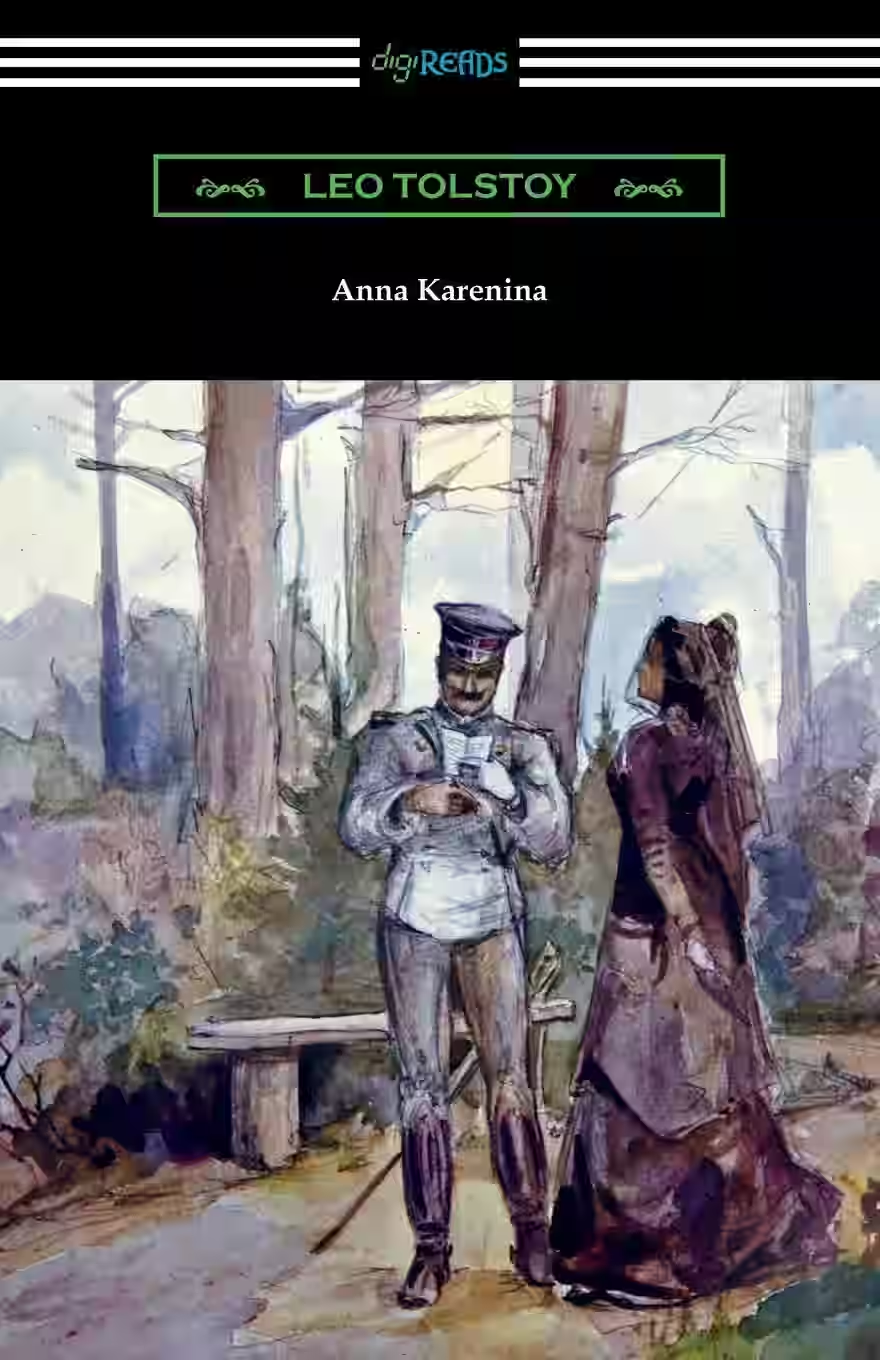
Anna Karenina
by Leo Tolstoy
Acclaimed by many as the world's greatest novel, Anna Karenina provides a vast panorama of contemporary life in Russia and of humanity in general. In it Tolstoy uses his intense imaginative insight to create some of the most memorable characters in all of literature. Anna is a sophisticated woman who abandons her empty existence as the wife of Karenin and turns to Count Vronsky to fulfil her passionate nature - with tragic consequences. Levin is a reflection of Tolstoy himself, often expressing the author's own views and convictions.